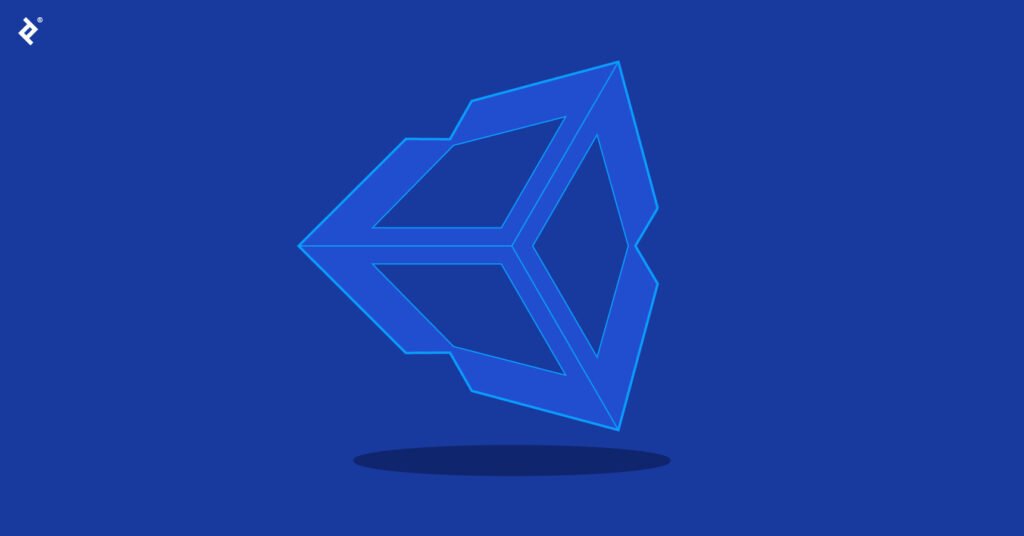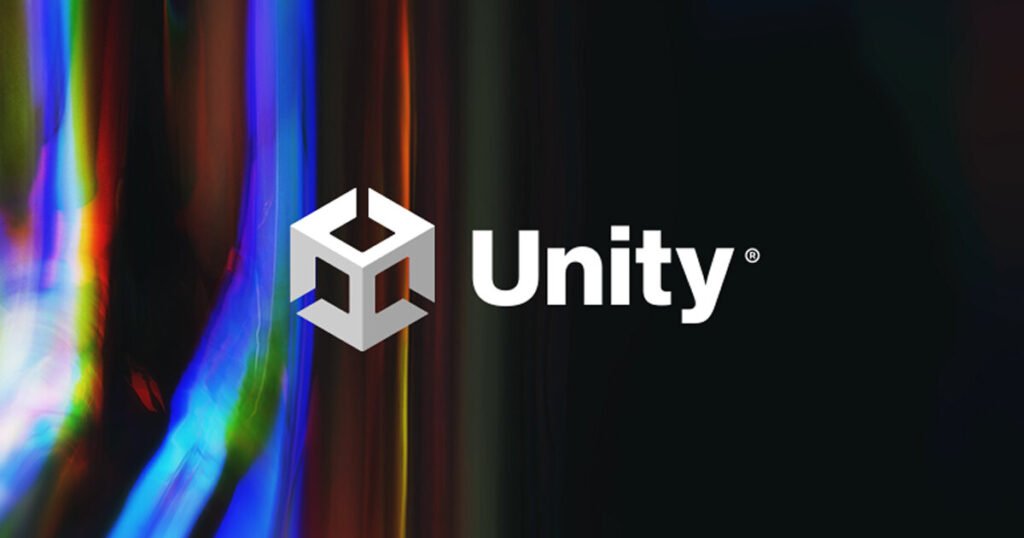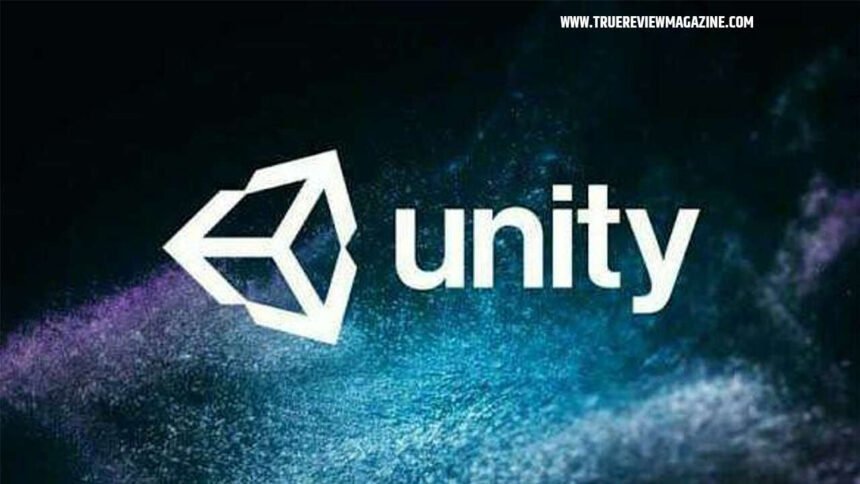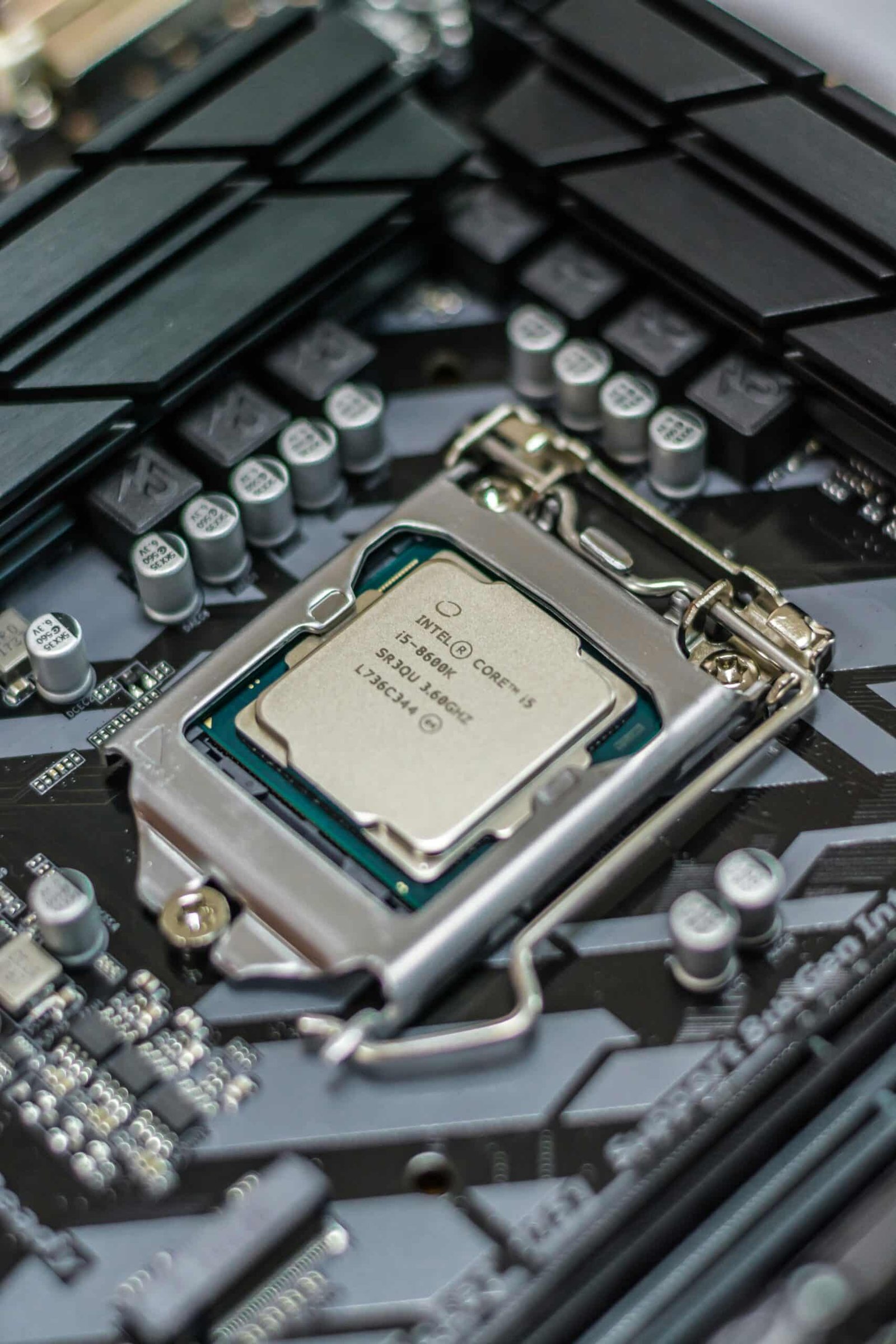Unity, the tech giant renowned for its widely utilized game development engine, is actively working to shed light on recent modifications to its pricing model. The company’s announcement earlier this week has stirred considerable debate within the game development community.
The Backstory: Unity has defended its decision to revise fees, asserting that these changes are imperative to fund ongoing technological advancements. Nevertheless, this move has prompted many game developers to ponder whether achieving success with Unity may ultimately come at a higher financial cost than anticipated.
Throughout the day, developers engaged in discussions about potentially postponing their projects in favor of competing platforms like Epic Games’ Unreal Engine and other alternatives.

However, Unity’s Marc Whitten later provided updates to Axios, which could potentially alleviate some of the concerns expressed by game creators.
Diving into the Details: The freshly introduced “Runtime Fee,” unveiled earlier this week, is linked to the number of game installations, an aspect that was previously cost-free for developers.
Under Unity’s new framework, developers using the free tier of development services will be obligated to pay Unity $0.20 per installation once their game surpasses specific thresholds—namely, 200,000 downloads and $200,000 in revenue. For developers subscribed to the Unity Pro plan, which costs over $2,000 annually, different thresholds and reduced fees will apply.
These pricing adjustments are slated to come into effect at the outset of 2024.
Nevertheless: Game developers, particularly those active on platforms like X, expressed immediate frustration. They argued that any game experiencing a surge in installations due to factors like significant sales, inclusion in charity bundles, or being featured in popular subscription services such as Microsoft’s Game Pass, would incur substantial Unity fees.
Innersloth, the creators of the popular game Among Us, tweeted on Tuesday evening, “Stop it. This would not only harm us but game studios of all sizes and budgets.”
Another studio, Aggro Crab, called on Unity to reverse its decisions, voicing concerns that their forthcoming game, intended for release to Game Pass’s 25 million subscribers, could endanger their business’s stability due to these fees.

Unity’s Response: Unity is actively striving to clarify and, in some instances, adjust its statements regarding the fee policies.
Marc Whitten initially conveyed to Axios that multiple fees would be charged if a player installed a game, uninstalled it, and then reinstalled it. However, later in the day, Unity clarified that they would only charge for the initial installation, aiming to address concerns related to “install-bombing,” where users could repeatedly install and uninstall games to accumulate fees as a form of retaliation against developers.
Nonetheless, additional fees would be incurred if a user installed a game on a second device, such as a Steam Deck after initially installing it on a PC.
Further Clarifications: Whitten also emphasized that runtime fees would not be applicable to game demo installations, except when the demo is bundled with the full game, where early access games would indeed incur installation fees.
Furthermore, Unity affirmed that games offered for charity or as part of charitable initiatives would be exempt from these fees. Unity is actively working to establish a mechanism for developers to notify the company when their games are provided in this manner.
Regarding Game Pass and similar subscription services, Whitten clarified that the fees would be covered by the distributors, such as Microsoft in the case of Game Pass, rather than the game developers themselves.

Unity estimates that only approximately 10% of its developers will be affected by these fees, taking into account the thresholds games must attain.
Unity’s Stance: Whitten stressed, “Our primary objective with this change is to ensure a fair value exchange that enables us to continue investing in our core mission—delivering the best tools for game development.”
He acknowledged the challenge of managing feedback and concerns, stating, “Receiving an onslaught of negative feedback is never enjoyable, but it highlights the need for clarification on certain points. We are attentive and committed to delivering the best solutions possible.”
Unity is actively addressing the concerns raised by the game development community and striving to ensure that its pricing adjustments maintain fairness and equilibrium.
Read More: https://truereviewmagazine.com/










